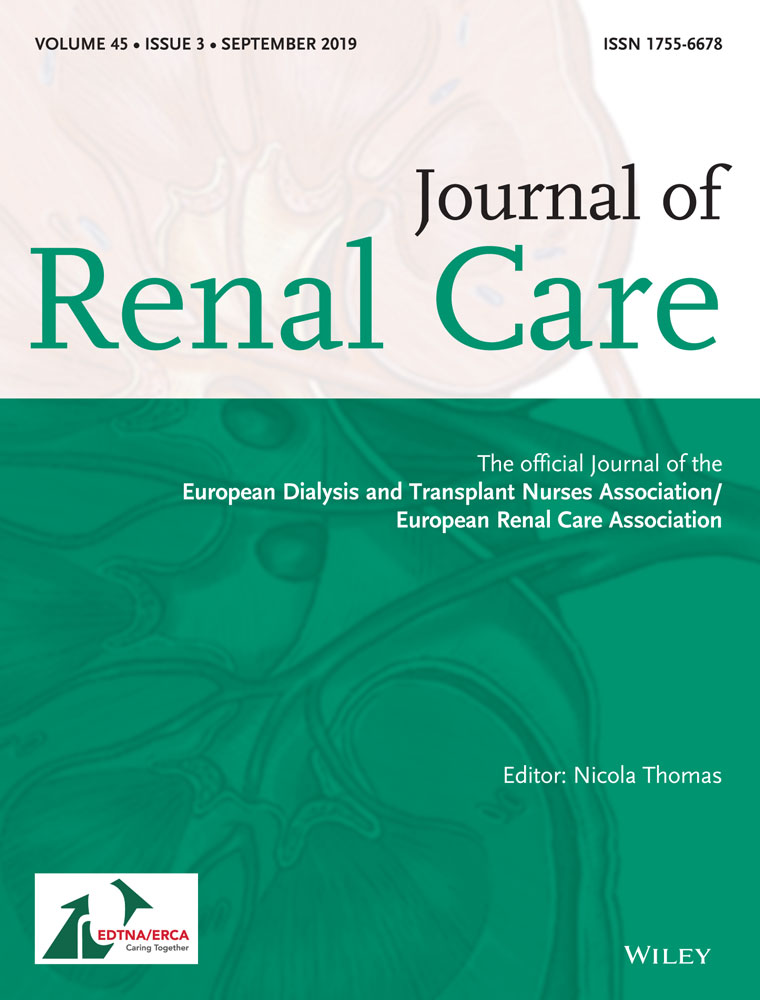Parents' perspectives and experiences of kidney transplantation in children: A qualitative interview study
SUMMARY
Background and Objective
Kidney transplantation offers greater life expectancy, quality of life and participation compared with dialysis, in children with end stage kidney disease. This study explores the perspectives and experiences of parents of children undergoing kidney transplantation, as the experiences of parents in the process of transplantation is not completely understood.
Methods
Face-to-face semi-structured interviews were conducted with parents of transplanted children across New Zealand. Data were analysed using thematic analysis to identify themes of participant experiences and perspectives.
Results
We interviewed 13 mothers and four fathers of the transplanted children. Four themes were identified: actively pursuing transplant (the urgency of transplant; needing to drive the transplantation process); lack of on-going support (needing access to specialists; feeling unprepared for demands of transplantation, and vulnerability of unmet emotional concerns), pressure on the family unit (strain of distance; disrupting parent team; added burden of parent as donor; financial stress) and constant concern for the future (living with enduring uncertainty; pressure of responsibility; apprehension of teenage years).
Conclusions
Parents of children need to play an active role in advocating and driving the transplantation process. Transplantation leads to parental role disruption, emotional and financial stress, and insecurity about the future for their child. These findings suggest the need for greater communication and transparency in the transplantation process with parents, improved emotional and financial support for families during and after transplantation, and explicit assistance for parental roles in families when a caregiver is the donor.
CONFLICT OF INTEREST
No conflict of interest has been declared by authors.




